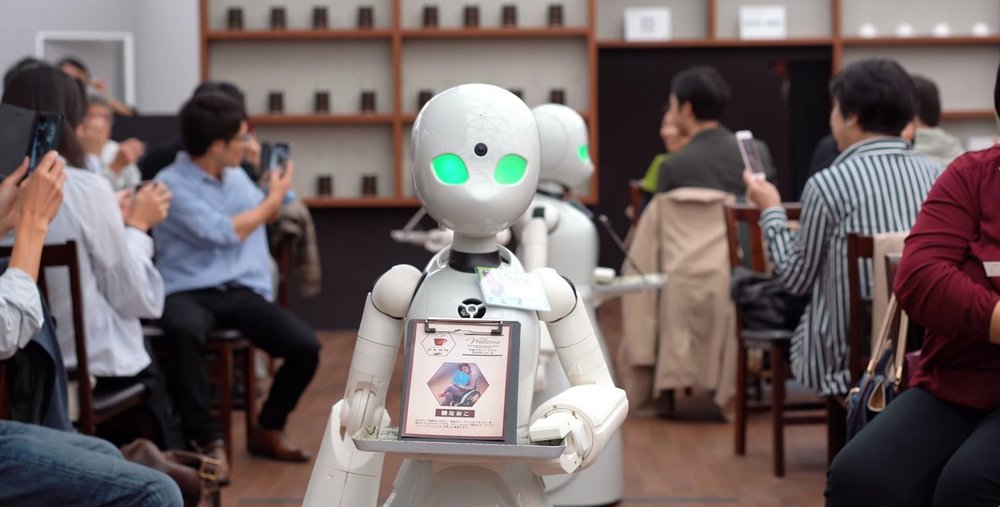If there’s one thing we’re genuinely grateful about, it’d be technology. The evolution of technology brought huge convenience in the way we live. Now, we don’t need to do all our tasks manually. We can issue commands on a machine in just a few clicks. Thanks to technology, we can now use a communication device that fits on the palm of our hands to connect to the world.
We’re now entering the digital information age at a fast-pace. As we become more dependent on technology, a new dreadful feeling also starts to linger inside of us. Is it possible for technology to take over our work and life soon? Here’s what the experts have to say.
The Rise of Artificial Intelligence
As giant technology companies express their interest in investing in artificial intelligence, more and more people are engaging in debates whether or not these “smart robots” become a threat to the human workforce.
Meanwhile, the business analysts warn of the possible ramifications it can bring not only to every workplace around the world but also in every nation’s economy.

More and more employees expressed their concern about possible layoffs in fear of robots replacing their jobs.
Meanwhile, the technologists say the rise of AI may not necessarily threaten our workforce. According to them, these smart robots are only capable of doing human-like tasks based on their installed programs. While they can learn and adapt based on experience, their capabilities remain limited compared to their human counterpart.
The Conflicting Views
In 2014, the renowned late scientist Stephen Hawking expressed his concern about the development of artificial intelligence. If these companies succeed in creating smart robots capable of thinking like a human, it could end the human race.

Bezos believes we can still discover more about AI and create more inventions to improve our way of living.
Meanwhile, the CEO of Amazon, Jeff Bezos sees the rise of intelligent robots and devices as a “renaissance” or “golden age” when it comes to the topic of artificial intelligence and machine learning. According to him, these breakthrough technologies could change our world for the better like how industrialization paved a way to the modern age.
A Long Way To Go
Despite the seemingly fast pace evolution of AI, some renowned scientists reveal intelligent robots will still have many years to go before it can obtain the capability to think and work like humans.
In a World Economic Forum conducted in Switzerland, one of its key participants, Steve Sedgwick, says even the most advanced technologies available today like iPhones, smartwatches, and Siri are still full of bugs.

Most AI-based technologies and devices we use today still need human’s coding and programming skills to execute their tasks flawlessly.
They still need human’s intelligence to write codes and implement programs to fix their bugs. So, these AI’s still lag behind humans when it comes to cognition and logic. Meanwhile, the economics professor Christopher A. Pissarides says artificial intelligence is all about data.
For an AI device or robot to function well, it needs a large amount of data and a long sequence of codes to interpret the stored information before it can deduce logical steps to act accordingly.
Human’s Natural Intellect
Another panel member named Adaire Fox-Martin also says AI cannot beat human’s common sense and practicality when it comes to encountering new things. For example, most computers excel in a chess game because they have masses of data referring to strategies and chess moves from the past.
However, if they encounter something new (where they don’t have stored data), chances are, it won’t function well unless you feed it with further information.
Humans, however, can quickly adapt to new circumstances as they rely on their common sense to solve the task at hand. In the end, humans have the natural intellect to think and respond accordingly. Fox-Martin reiterates that is something no smart robots can obtain.










